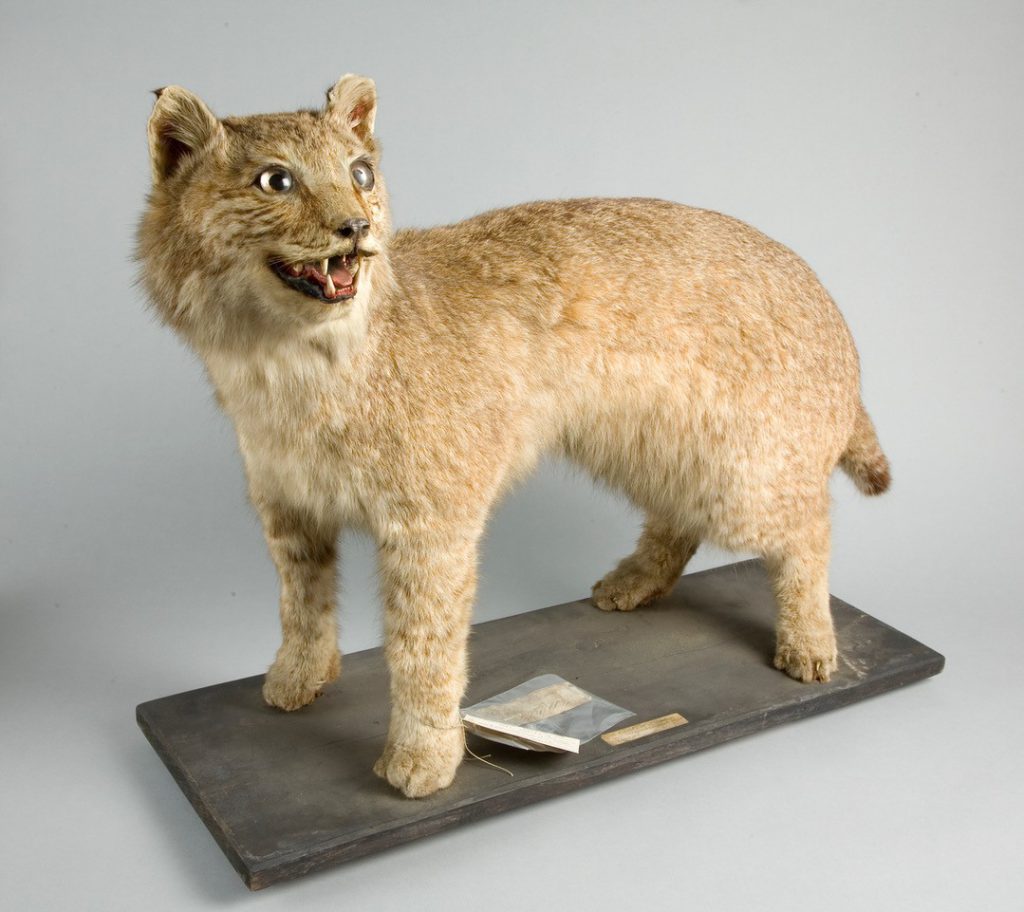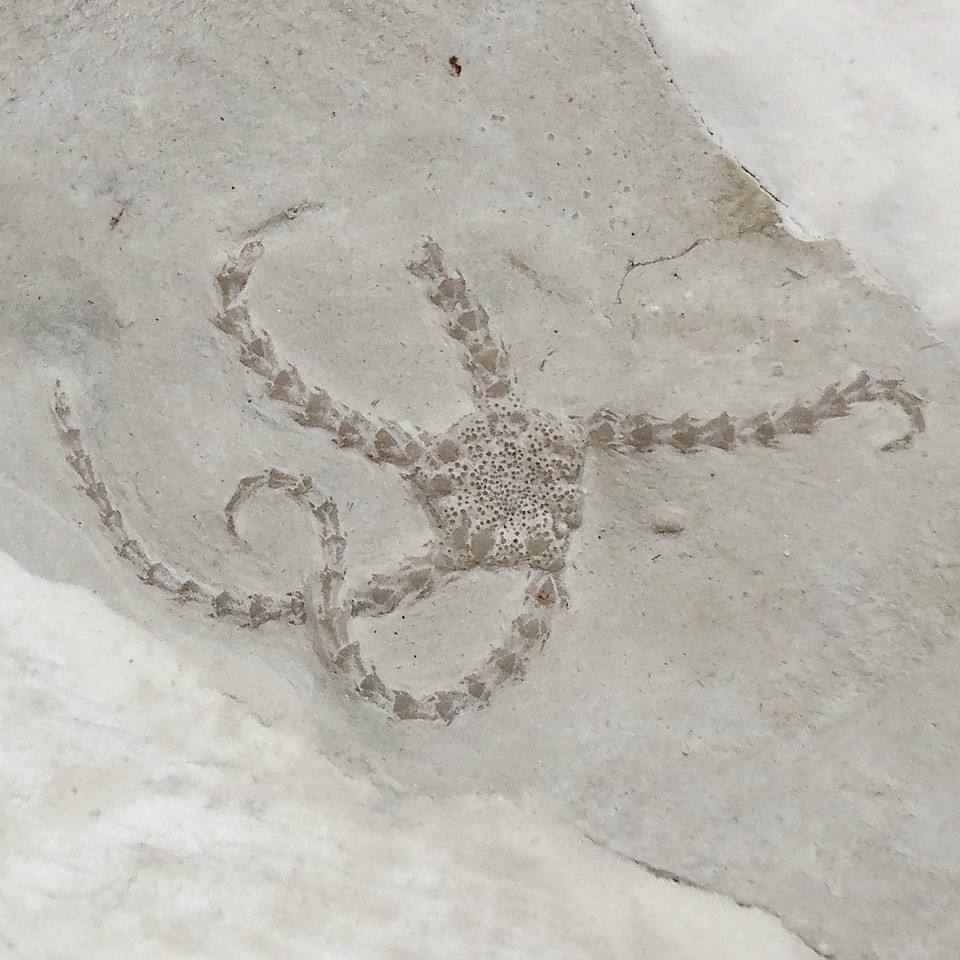
Science of Collections Exhibition
A CANADIAN lynx that went on a killing spree in Newton Abbot and whose stuffed remains lain forgotten in a Bristol store for more than a century is among the artefacts set to star in a new exhibition at Newton Abbot Museum.
Also going on show as part of the Science of Collections event are fossils dating from 96 million years ago when Newton Abbot would have been lying under the warm waters of a shallow tropical ocean.
Curator India Jolly is hoping the month-long expo will help people understand the scientific processes that uncover the hidden natural history stories which lie beyond the exhibits.
‘From determining the lifestyle of a lynx raised in Newton Abbot, to supporting climate change data with 17th century butterflies, scientific processes can help uncover secrets of the past beyond the stories associated with the object,’ she said.
‘Science is used to conserve the items we look after. From fighting bug infestations to analysing the chemical make-up of materials, science helps us ensure that our museum collections are still here for future generations to discover.’
Complementing the exhibition are events throughout August, including family craft activities and evening talks. All explore history’s connection to the natural world,
The Lynx shot in 1903 had reportedly killed two farm dogs and ended up forgotten in the stores at Bristol Museum.
Scientific analysis of its DNA and bones confirmed it had lived at least part of its life in Newton Abbot, was raised in captivity and was between 11-17 years old at the time of its demise.
The 96 million-year-old fossil brittle stars were buried alive under the sea floor and have been preserved in spectacular detail.
‘The collection contains new species and provides information about their evolution and the ancient environment they lived in.
‘The exhibits are fascinating in their own right but the science which helps us understand them even more so,’ said India.
The exhibition runs from August 1 – September 1, admission is free. Visit https://museum-newtonabbot.org.uk for more information about summer events.
The below image shows the unfortunate lynx and other items from the exhibition


.
For more information email [email protected] or call 01626 201121.
